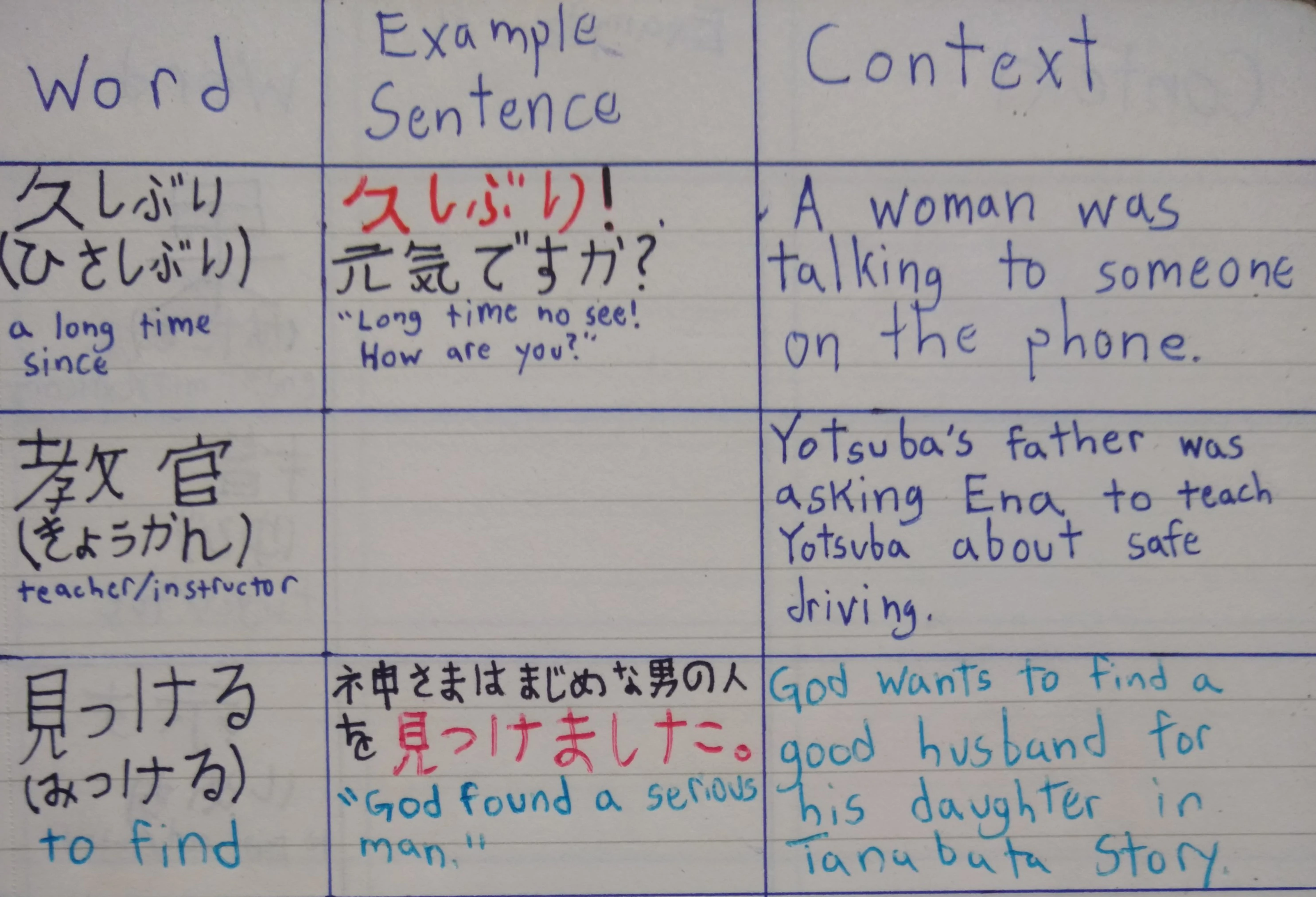Acquiring new vocabulary is one of the most important parts of language learning. As such, learners have many questions concerning the best ways to study, learn, and memorize new types of English words. Synonyms are an important category of English words that learners can use to introduce novelty and variety into their speaking and writing. Here are a couple of ways to learn synonyms in English:
- In Context
The most effective way to learn new synonyms is in context. It isn’t enough to memorize new vocabulary. You also need to know how it’s used. - Create Word Lists
Creating a list of words and grouping them together based on meaning can be useful for learning.
What are synonyms?
Synonyms are different words that have similar meanings. It’s important to understand that there aren’t many words in English that mean exactly the same thing. There are hundreds of thousands of words in the English language. Many of them have similar meanings to others, but slightly different uses. Let’s look at an example.
- Cold
- Chilly
- Frozen
All three of these words have something to do with a low temperature, but they don’t mean the exact same thing. You use these words in different contexts depending on what you want to say.
Chilly is a word that refers to a mildly cold temperature. This is the type of weather where you would wear a light jacket or a sweater.
Cold is a lower temperature than chilly. This is the type of weather where you would wear winter clothing like heavy jackets, scarves, mittens, etc.
Frozen describes the coldest temperature of the three. Literally, this is what happens when a liquid turns into a solid. Like when you put water into a freezer. The water transforms from being liquid into a solid. However, this word can also be used to describe the feeling of being extremely cold.
Let’s look at another set of words:
- Afraid
- Scared
- Terrified
Being afraid is the feeling of fear that we have when something unnerves or scares us.
Being scared is very similar to being afraid and often can be used interchangeably. However, there is a slight difference in usage at times. Being scared can have the connotation of sudden fear which neither afraid nor terrified have.
Being terrified is also a very similar feeling to both scared and afraid. However, the degree of fear is greater than either of the previous words.
As you can see, while there are a wide variety of words with similar meanings in the English language, very often they have slightly different meanings or use cases. This is why it’s vitally important to learn new vocabulary, especially synonyms, in context. Later on in the article, we’ll take a closer look at what this means. If you want a deeper discussion on learning vocabulary in context, you can check out this article I wrote called How to Learn English Vocabulary.
What about the opposite?
If synonyms are words that have similar meanings, what do we call words that have opposite meanings? We call those antonyms.
This class of words might be a bit easier to understand because the difference in meaning is not as subtle as synonyms.
Let’s look at a few pairs of word with their antonyms:
- Hot/Cold
- Long/Short
- Big/Small
- Heavy/Light
As you can see, all of these words have meanings that are opposite of one another. Almost all words, especially adjectives, that you come across will have an antonym. In the next section, we’ll learn about how and why to learn synonyms.
Why should I learn synonyms?
It’s important for you to learn synonyms because you can use them to spice up your speaking and writing. When we continuously use the same words our English sounds bland and boring. This is the main reason why you want to incorporate synonym learning into your English studies.
Let’s look at an example of this:
“I like eating melons because I like fruits. I like to eat a lot of fruits every day, so I quickly eat as many fruits as I can after I wake up. I like fruits so much.”
You’re probably feeling sleepy already! I’m sure you can see how the sentences above are repetitive and boring. There is a lot you could do to make them better, so let’s do that.
“I like eating melons because I enjoy fruits. I love eating many fruits every day, so I devour numerous fruits after I wake up. I adore fruits so much.”
Synonyms come in many parts of speech, that is to say, adjectives, verbs, nouns, and adverbs can all have synonymous words. They allow you to be more flexible with the way you express yourself. You can avoid sounding stiff or boring by picking up some synonyms for vocabulary that you already know. Just be sure that you understand the subtle differences between the words before you use them. How do you do that? I’m glad you asked.
That brings us to some strategies you can use to learn synonyms.
How do I learn them?
1. In Context
As we have already briefly discussed, learning vocabulary in context means acquiring new vocabulary while engaging with native English material. This could be anything. Books, TV shows, podcasts, internet videos, articles, etc. In fact, by reading this very article, you are learning (or reinforcing) vocabulary in context at this very moment!
When you learn vocabulary in context, you avoid situations where your word usage sounds odd or imprecise. Learning vocabulary through flash card methods or by consulting a dictionary does not provide you with all of the information about a word that you need to be able to use it effectively.
A word’s context is the types of environments where it occurs and how it is used by native speakers. There are some situations where certain words are inappropriate or nonsensical. Learning about them in context can help you understand these nuances.
As I’ve previously mentioned, I have written an in-depth article about the best strategies to learn new vocabulary. You can check that out here.
2. Create Word Lists
Word lists can be extremely effective tools for learning new vocabulary. You can very easily construct detailed lists unique to your own learning situation.
While it’s possible to find lists of words online, I do not recommend this as an effective learning tool. The reason is similar to the reasons why you should be learning new vocabulary in context. Creating your own word lists allows you to have direct and intimate contact with the words you are using. When you find unknown words on your own, you are directly engaging with the learning process.
You pick up on the context of those words as well as the definition. As we have discussed, this type of information is vital to forming a complete understanding of a word’s meaning.
Let me share with you the method I use to create word lists when I’m studying language:

This is an early word list page from my Japanese studies. When I create word lists, I have three columns that I like to fill with information. The first is the word itself in a column labeled “word”. Next, I include an example sentence of the word appearing in the context I found it. Finally, I include a description of the context. This creates a very easy to read reference, which also includes all of the vital information you must know about new vocabulary.
Ideally, you want your word list to be monolingual. This means you don’t want to include any of your native language in the word list. When your skills in a language aren’t that advanced, it’s fine to use a bit of your native language to support your understanding. However, your goal should be to immerse yourself in your target language as much as possible. This is internal as much as it is external.
Immersion means not only that the environment around you is in your target language, but also your internal environment. You want to be writing, speaking, listening to, and reading your target language as much as you can.
Conclusion
In today’s article we explored the world of synonyms. We learned about what synonyms are, why we should learn them, and a few strategies and techniques for picking up new vocabulary.
You can learn new synonyms to spice up your speaking and writing with some new vocabulary. Instead of using the same words over and over again, you can make use of some synonyms to keep your readers & listeners engaged.



